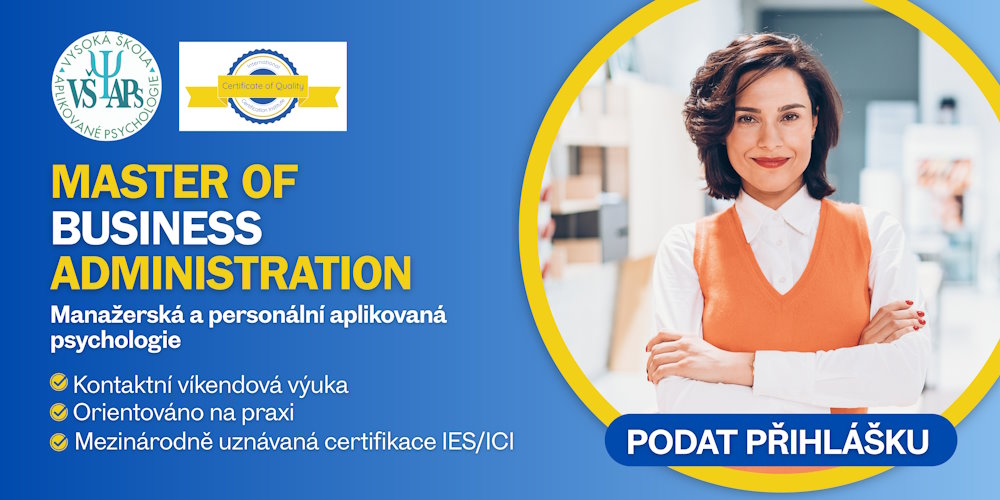What is Erasmus+?
Erasmus+ is an EU program to support education, training, youth and sport in Europe.
It gives university students and employees the opportunity to improve their skills, gain international experience and expand potential job opportunities after graduation.
Its budget is around 26.2 billion euros for the years 2021-2027.
In the current period, the ERASMUS+ program places a strong emphasis on issues of social inclusion, on green and digital transformation and support for the participation of young people in the democratic process. It supports the priorities and activities set for the creation of the European Education Area, in the Digital Education Action Plan and in the European Skills Agenda.
More about the ERASMUS+ program on the website of the European Union here.
What does Erasmus+ include?
The program includes two key actions (KA), which are:
- Mobility between EU member states and countries associated with the program. (KA131)
- Mobility between Member States and other countries supported by funds for external policies. (KA171)
The program offers numerous options depending on the applicant, namely:
1. For university students:
- Study abroad
- Internship for students
- Internship for graduates
- Mixed intensive programs (combination of short-term physical and virtual mobility)
2. For university employees:
- College teaching
- Employee training
- Mixed intensive programs (combination of short-term physical and virtual mobility)
3. Cooperation of universities:
Centralized actions
- Joint study/ Erasmus Mundus Joint Masters
- Projects focused on capacity building
- Knowledge alliance
- Jean Monnet European University
Decentralized actions
- Strategic partnerships
Cooperation with countries outside the EU
- Possibilities of cooperation with universities from partner countries through International Credit Mobility (ICM)
ERASMUSAPP
The Erasmus+ application is owned and financed by the European Commission.
The Erasmus+ application was created for the 30th anniversary campaign of the Erasmus program and is further developed as part of the European Student Card initiative. The application is intended to be a single point of contact and to inform participants about the opportunities offered by the Erasmus+ program, to accompany them in the procedures associated with mobility and to enable them to access additional information and services. (European Commission).
More about the application here
Persons with specific needs:
The College of Applied Psychology is also ready and open to accept students with special needs. There is wheelchair access to the ground floor and the courtyard. There is an accommodation room on the ground floor, structurally adapted as wheelchair accessible. There is a lift in the courtyard for wheelchair access to the first floor, the auditorium and other areas of the school.
ERASMUS+ Internationalization guidelines and strategic document
Erasmus+ programme directive of VŠAPs here
Strategy of internationalisation of VŠAPs here
The Strategic Plan of VŠAPs for the period 2024-2030 here
Implementation plan for the strategic plan of the VŠAPs for the year 2025 here
Science, Research and Innovation Strategies VSAPs 2024 here
ERASMUS+ VŠAPs Coordinator:
Assoc. Prof. Ing. Milan Fila, PhD., Vice-Rector for International Cooperation
- Office: Vice-Rectors
- Consulting hours: by personal agreement
- Email:
This email address is being protected from spambots. You need JavaScript enabled to view it.
Contact person for ERASMUS+:
Mgr. Ing. Jitka Fialová MBA, LL.M., project and PR manager
- Consulting hours: by personal agreement
- Email:
This email address is being protected from spambots. You need JavaScript enabled to view it. - Phone: +420 777 022 156
Courses offer
| Course title | Mode of Completion | Credits | Syllabus (ECTS) |
| Introduction to study, work with social information | Credit | 1 | 📩 Sylabus (CZ) ke stažení |
| Management Basics | Exam | 5 | |
| Social and Cultural Anthropology | Exam | 5 | |
| Basics of research methods and applied research in social sciences | Credit | 3 | |
| Foreign Language I - ENG/GER | Classified Credit | 3 | |
| Intercultural Psychology | Exam | 5 | |
| Personal Management I. | Exam | 5 | |
| Professional Practice I. | Credit | 9 | |
| Project Laboratory I. - form of practice | Credit | 9 | |
| Possibilities of Supporting the Active Labor Market Policy | Credit | 3 | |
| Sociocultural and Economic Globalization | Exam | 5 | |
| Intercultural Management | Exam | 4 | |
| Professional Practice II. | Credit | 9 | |
| Project Laboratory II. - form of practice | Credit | 9 | |
| Staff Training and Development | Credit | 4 | |
| Career Counseling | Credit | 4 | |
| Employee Care | Credit | 4 | |
| Concepts of Intercultural Coexistence | Classified Credit | 4 | |
| Coaching and Mentoring | Credit | 3 | |
| Social Psychological Training | Credit | 4 | |
| Presentation Skills in English | Credit | 3 | |
| Presentation Skills in German | Credit | 3 | |
| Work with Information in an Intercultural Environment | Credit | 3 |

